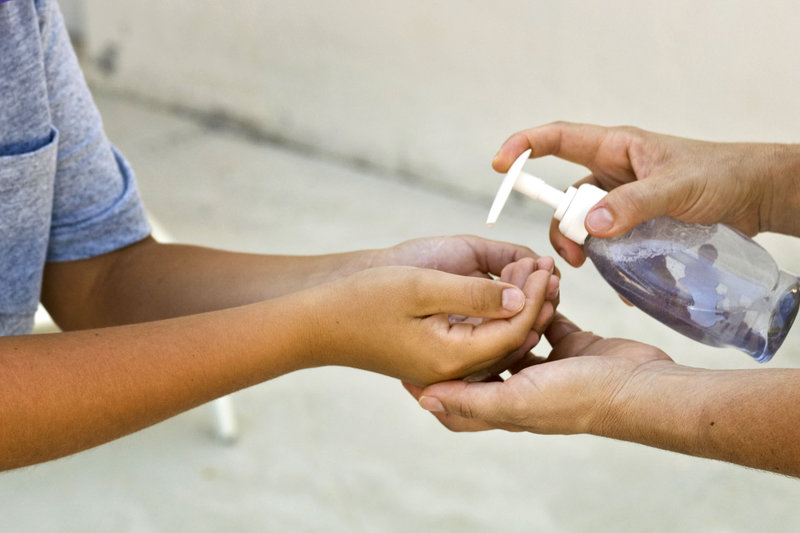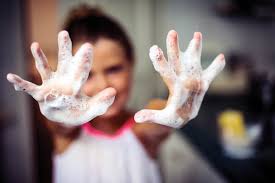Use hand sanitisers effectively in children

Dr Suresh Birajdar
Using hand hygiene is reported to reduce transmission of a variety of infections including the coronavirus. But, do you know that non-scientific and overzealous use of hand sanitiser can be bothersome for your kids. Yes, going overboard is not recommended as it can reduce immune defences in children. Furthermore, we highlight why parents should limit the use of hand sanitiser when it comes to their children.
Droplet and fomite transmissible diseases such as The coronavirus (COVID-19) viral disease has been rapidly spreading worldwide. Coronaviruses (COV) can be described as a large family of viruses leading to illness ranging from the common cold to severe diseases like Middle East Respiratory Syndrome (MERS-CoV) and Severe Acute Respiratory Syndrome (SARS-CoV). A novel coronavirus (nCoV) is a new strain that hasn’t been previously identified in humans. One may notice exhibit symptoms such as fever, cough, and breathing difficulties. In more severe cases, one may also get pneumonia, severe acute respiratory syndrome, kidney failure, and even death.
Protection is of utmost important measure to safeguard children and adults from these disorders. Washing children’s hands with soap and water is very effective in preventing transmission and acquiring such disorders. Likewise, using hand sanitiser can do the trick. Using a hand sanitiser containing 60 % of alcohol can help kill the germs and bacteria.
Know why one should know how to use hand sanitisers correctly
Though, hand sanitisers are readily available, are cheap, effective disinfectants and easy to carry, we have to be aware about few issues associated with their overzealous and excessive usage when it comes to children.
1. Skin allergy and drying: Hand sanitisers can damage your skin cells when rubbed vigorously on sensitive skin, owing to a lot of alcohol percentage in it. Likewise, they also have ingredients such as sanitisers include isopropyl, ethanol, and n-propanol which are the drying alcohols. They cause irritation, dehydrate the skin, rob away its natural oils and raise the risk of dermatitis. Moreover, too much alcohol percentage may disrupt the natural barrier function and reduce the skin’s ability to safeguard itself. Using moisturisers in between the sanitiser use can help in reducing the injury associated with drying and loss of skin lining.
2. Antibiotic resistance: Did you know? Hand sanitisers are also made of triclosan, and this antibacterial can disrupt the hormone function, according to few studies. Antibiotics are effective against bacteria but using triclosan contributes to making bacteria resistant to antibiotics. Opting for such hand sanitisers may lower your resistance to diseases by killing good bacteria, which helps protect against bad bacteria.
Dr Birajdar is consultant, Paediatrics & Neonatology, Motherhood Hospital, Kharghar, Mumbai


